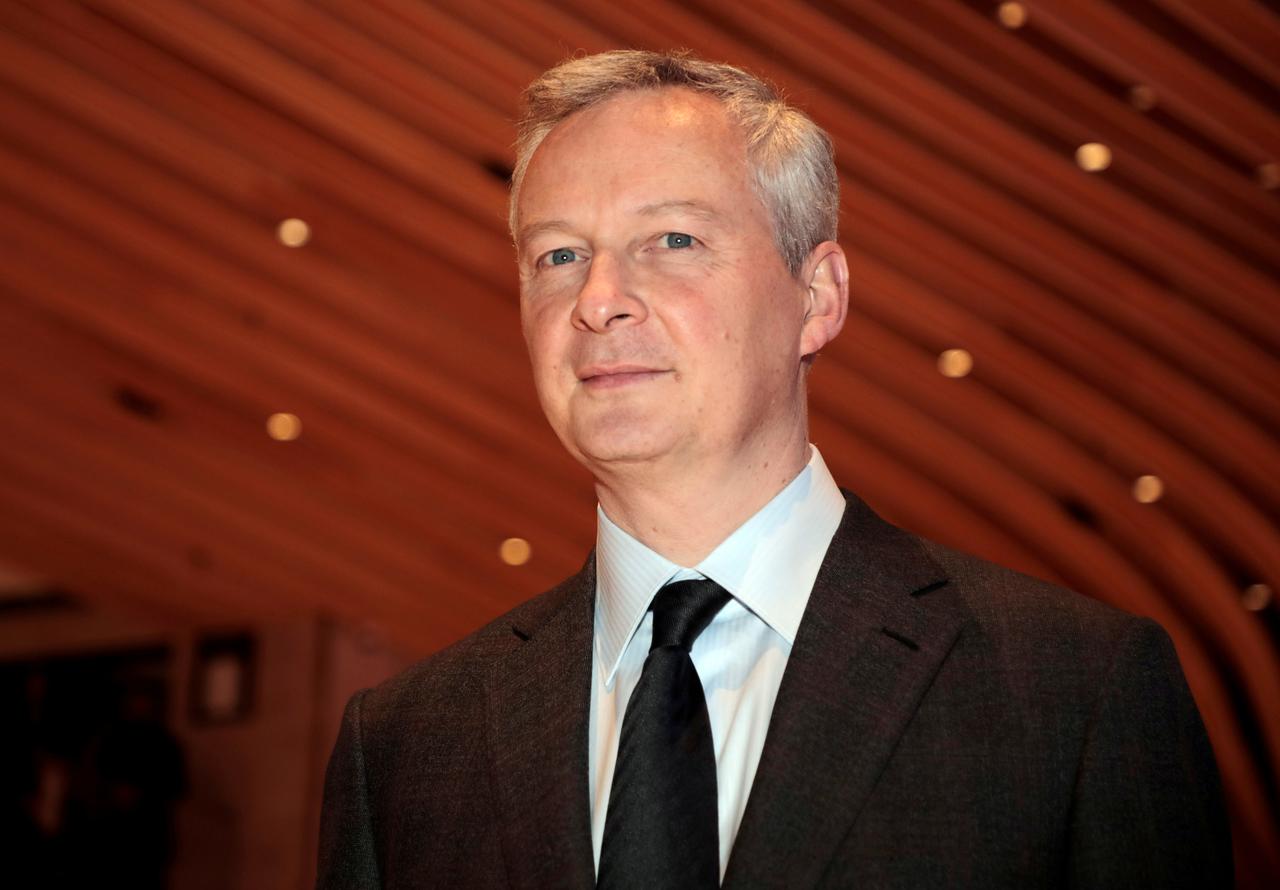DUBLIN (Reuters) – British Prime Minister Theresa May will have to outline exactly why she wishes to delay Britain’s exit from the European Union if her parliament demands she do so, France’s finance minister said on Tuesday.
May on Tuesday offered lawmakers the chance to vote in two weeks for a potentially disorderly no-deal Brexit or to delay Britain’s exit if her attempt to ratify a divorce agreement struck with the EU fails.
EU leaders have increasingly pushed May for an extension of the negotiating period. Three EU officials told Reuters on Tuesday that they would be ready to approve a short delay if Britain need more time to ensure parliamentary ratification.
“I just want to recall that there is an agreement. We believe this is a fair and a good agreement and it is up to the British government to assess the best way of adopting that agreement,” Bruno Le Maire said at a joint news conference with his Irish counterpart during a visit to Dublin.
“If there is a call for an extension of Article 50 (negotiating period), we will have to understand what for. And once again it is up to the British government to explain to the member states of the EU what for.”
Irish Finance Minister Paschal Donohoe said Dublin and Paris believed ratifying the divorce deal was “the best and only way forward”. But Donohue added that Ireland would not block any potential extension, calling May’s concession to pro-EU British lawmakers in her party an “important development”.
Le Maire and Donohoe also discussed how companies’ digital revenues should be taxed after a French-led effort to do so at a European level put them at opposite sides of the debate.
Ireland, the European home of tech giants like Facebook and Google, insists large digital firms should be taxed via a broader international deal at the Organisation for Economic Cooperation and Development (OECD).
Le Maire said he and Donohoe agreed that the two countries would work together to pave the way for a common position on digital taxation at the OECD level. But he added that he believed an interim European solution remained the best way of generating leverage for a wider deal.
He added that France had never made a link between its unwavering support for Ireland over Brexit and their disagreement over the proposed European digital tax.
“Like all good friends, we have agreements and might have some disagreements,” he said.



